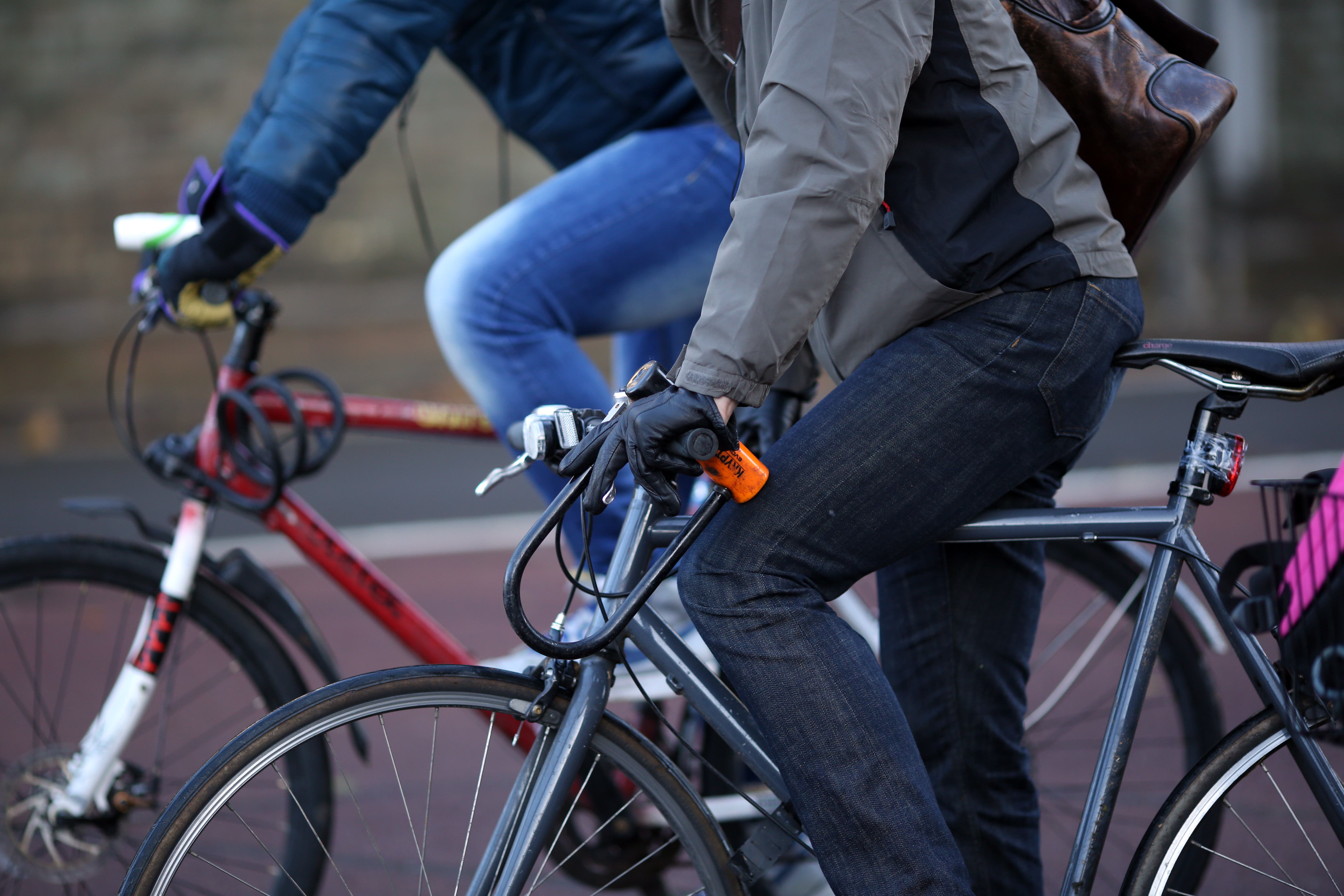A new study suggests an individual’s personality type could influence their preferred type of exercise.
Researchers believe this link could help those struggling to make lasting changes find something they enjoy.
The study involved experts from University College London (UCL) giving 132 volunteers either an eight-week cycling and strength training plan or telling them to rest.
Prior to the research, strength levels were evaluated using exercises like press-ups and cycling tests, with stress levels measured on a one to 10 scale.
Researchers used the Big 5 personality test to assess dominant personality traits using five distinct groups.
These are extroversion, or how energetic and outgoing a person is, agreeableness, which includes attributes related to trust and compassion, conscientiousness, which reflects traits like orderliness and and reliability.

The other two traits are neuroticism, which measures emotional stability and the tendency for anxiety or mood swings, and openness, which describes a person’s willingness to try new experiences.
Dr Flaminia Ronca, of UCL’s Surgery and Interventional Science and the Institute of Sport, Exercise and Health (ISEH), said the team found “some clear links between personality traits and the type of exercise the participants enjoyed most, which I think is important because we could potentially use this knowledge to tailor physical activity recommendations to the individual – and hopefully help them to become and remain more active.”
Of the group, some 86 people completed the programme.
Researchers found extroverts tended to enjoy high-intensity workouts, such as high intensity interval training (HIIT).
Elsewhere, those with strong neuroticism traits preferred bursts of activity over prolonged intensity.
They also preferred not being monitored or recording their heart rate during the study, which researchers suggest could indicate they prefer being given space and independence while exercising.

“We know that the global population is becoming increasingly sedentary,” Dr Ronca said.
“You often hear about people trying to become more active, but struggling to make lasting changes.
“In this study, we wanted to understand how personality can influence this to support the development of effective interventions for changes in health behaviour.”
Professor Paul Burgess, from the UCL Institute of Cognitive Neuroscience, said, “people who scored more highly in the neuroticism personality trait showed a particularly strong reduction in stress when they undertook the fitness training recommended in the study.
“This suggests that there may be particular benefits in stress reduction for those with this trait.”
#personality #type #dictates #exercise #routine



